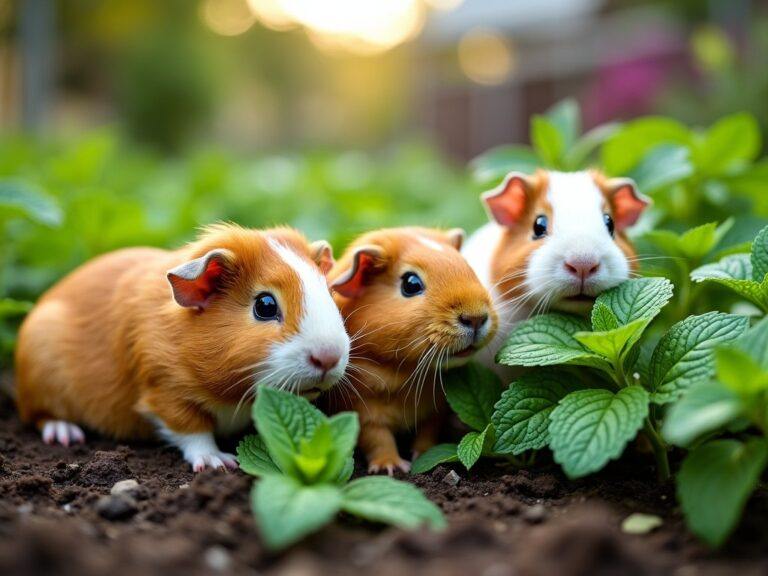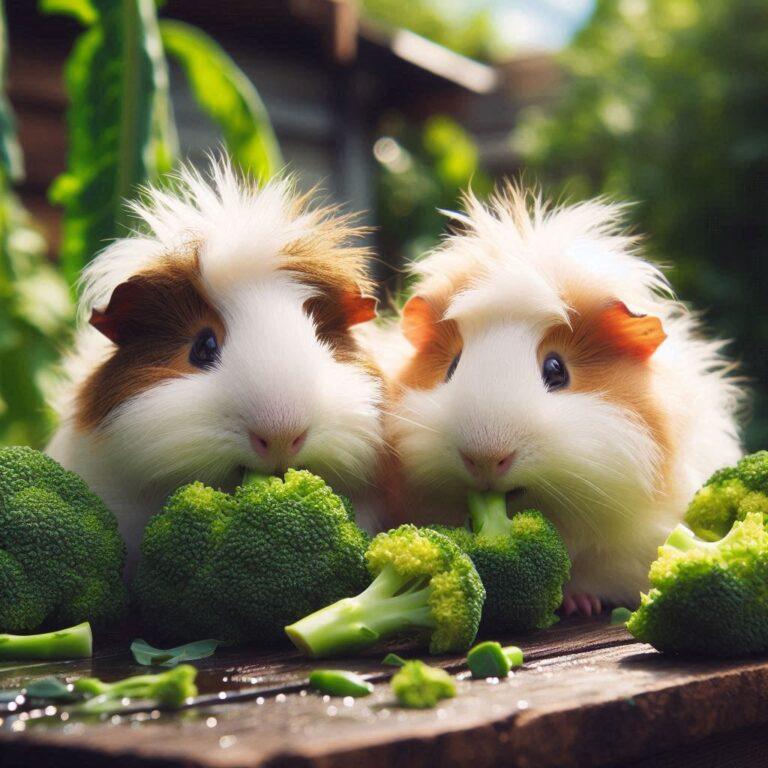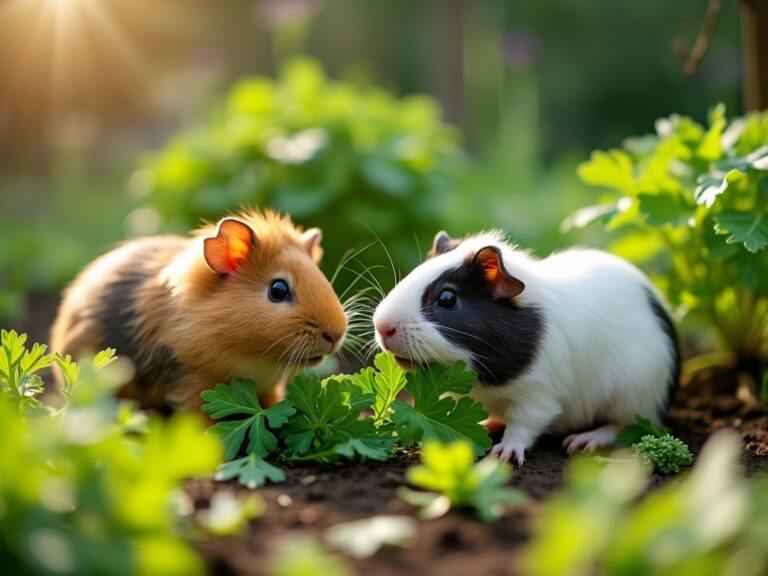Can Guinea Pigs Safely Eat Watermelon
Yes, guinea pigs can safely eat watermelon, but it should be given in moderation. Watermelon is packed with vitamins A and C, which are essential for a guinea pig’s health but there are potential risks to keep in mind.
Vitamin C, in particular, is crucial since guinea pigs cannot produce it themselves. Including small amounts of watermelon in their diet can help prevent vitamin C deficiency.
Despite its benefits, watermelon is also high in sugar. Overfeeding can lead to obesity or digestive issues.
Additionally, the high water content can cause diarrhea if consumed in large quantities. Always remove seeds and the rind, as they can pose choking hazards or be difficult to digest.
Introducing watermelon to your guinea pig’s diet should be done gradually. Start with tiny pieces and observe your pet for any signs of discomfort or allergic reactions.
If they handle it well, watermelon can be an occasional treat.
A good tip is to balance this treat with other fruits and vegetables that are also safe for guinea pigs.
Variety ensures that they get a range of nutrients without overloading with sugar. Remember, moderation is key to keeping your guinea pig happy and healthy.
Nutritional Value of Watermelon for Guinea Pigs
Watermelon isn’t just a tasty snack; it’s loaded with nutrients that can benefit guinea pigs. This fruit is an excellent source of vitamins and water, providing hydration, especially during hot weather.
Watermelon is rich in Vitamin C, crucial for guinea pigs as they can’t synthesize it. Regular intake helps maintain their immune system, preventing common ailments.
Vitamin A in watermelon supports eye health and boosts the immune system as well.
The high water content of watermelon helps keep guinea pigs hydrated, which is particularly important during warmer months. Fresh, juicy watermelon can be a perfect way to ensure they’re getting enough fluids.
Besides, watermelon contains antioxidants like lycopene, which can aid in combatting free radicals in a guinea pig’s body. This helps in reducing the risk of chronic diseases and supports overall health.
When comparing watermelon to other fruits, it’s relatively low in calories but still sweet enough to be an appealing treat for guinea pigs.
However, balance is key; other fruits such as apples, pears, and blueberries can also be great additions to their diet, ensuring they receive a variety of nutrients without excess sugar.
Guidelines for Feeding Watermelon to Guinea Pigs
When feeding watermelon to your guinea pig, portion size and frequency matter. Stick to small servings, no more than one or two bite-sized pieces, once or twice a week.
Overfeeding can lead to health issues due to the fruit’s sugar content.
Always remove the seeds and rind before offering watermelon. Seeds can be a choking hazard, while the rind is tough to digest and lacks nutritional value.
Cut the fruit into manageable pieces to make it easier for your guinea pig to eat.
Monitor your guinea pig for any adverse reactions when introducing watermelon. Signs of digestive trouble include loose stool or changes in appetite.
If you notice any of these symptoms, stop feeding them watermelon and consult with a vet.
Aside from watermelon, introducing a variety of safe fruits and vegetables is essential for a balanced diet. Rotate treats like bell peppers, carrots, and cucumbers to provide essential nutrients.
This variety helps prevent overreliance on any single type of food.







